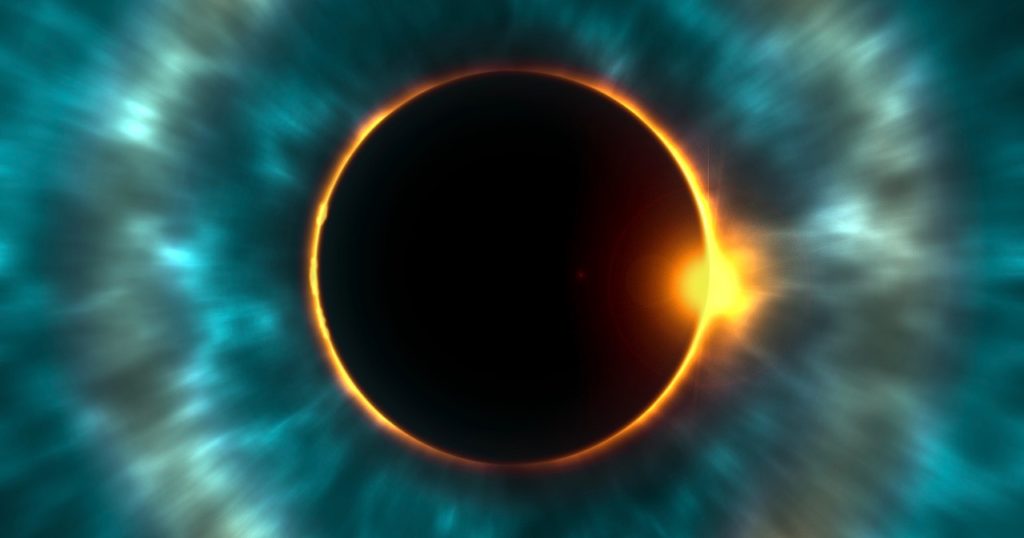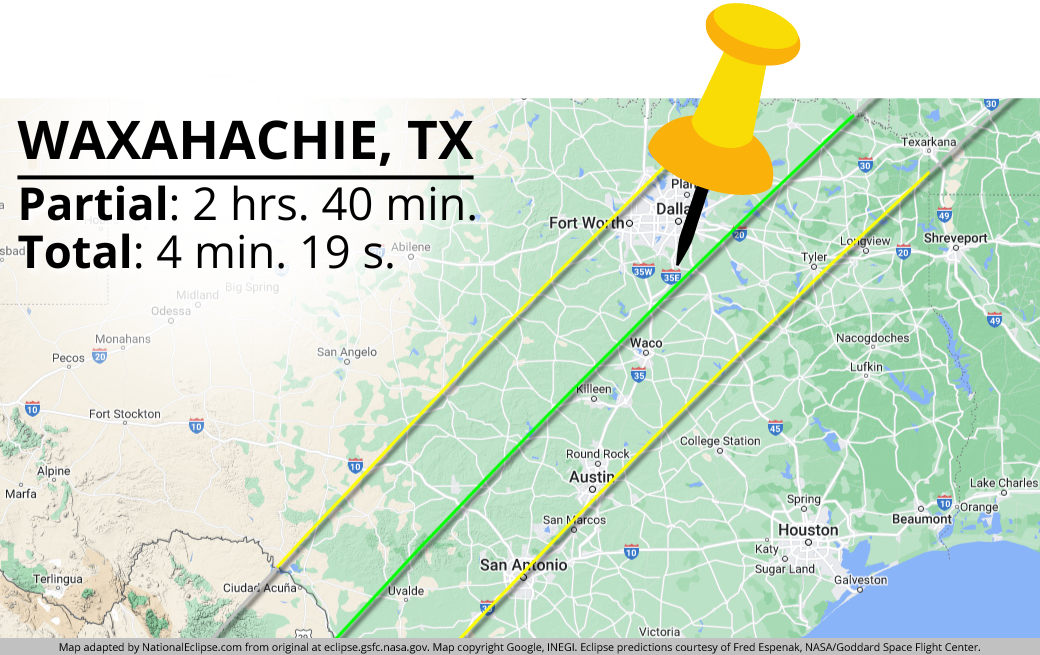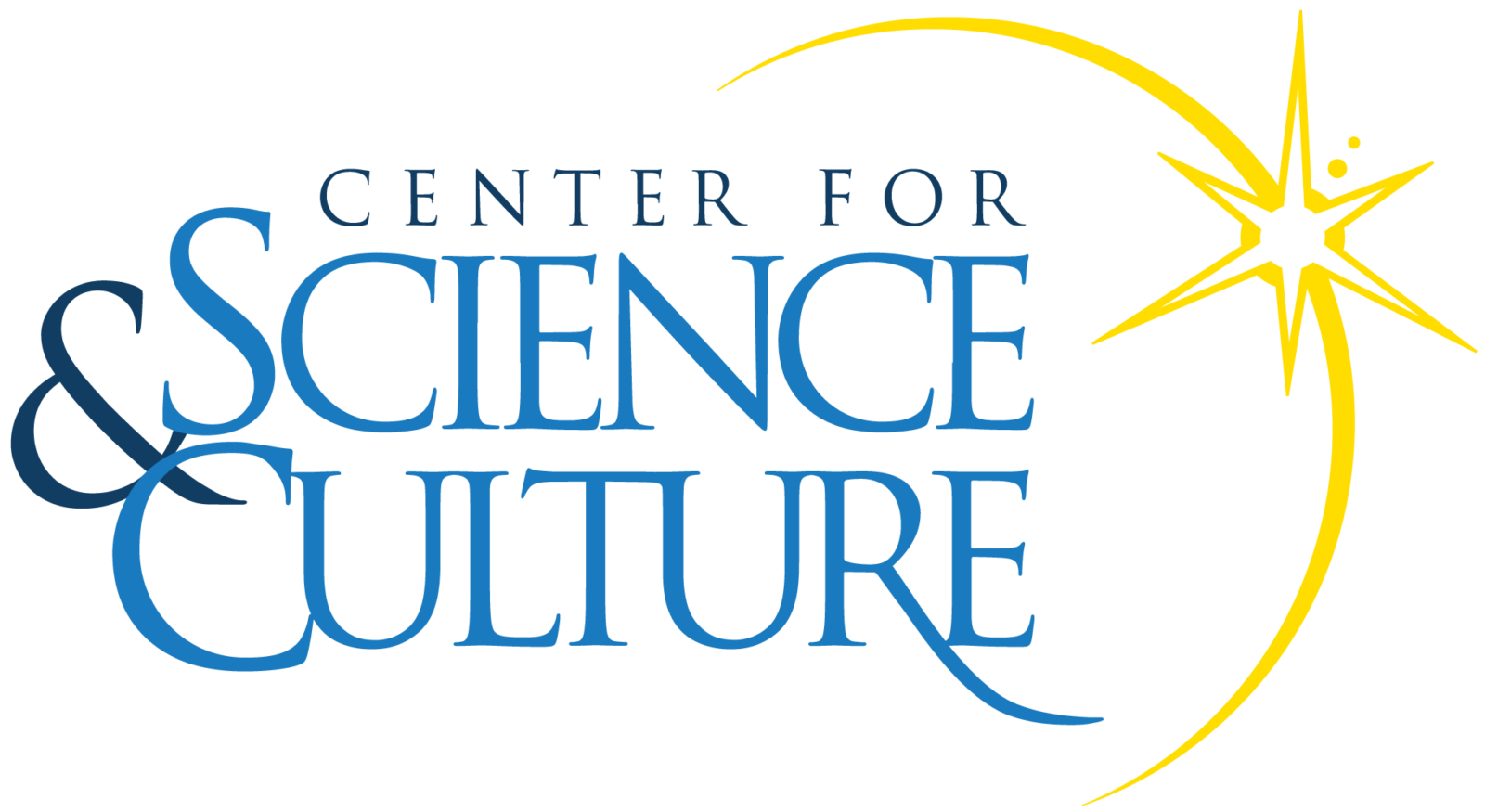 Intelligent Design
Intelligent Design
 Physics, Earth & Space
Physics, Earth & Space
You’re Invited! Get the Total Solar Eclipse Experience, April 7-8, in Waxahachie, TX

Nothing compares to the otherworldly experience of witnessing a total solar eclipse in person. A drop in temperature, a 360-degree sunset, a silvery sheen in the sky, stars, and planets strangely visible at midday, insects and birds behaving erratically, shadows becoming distorted…it is truly one of the greatest shows on Earth.
Beyond the unique sensory experience lies something even more astonishing — a cosmological coincidence of metaphysical significance to human existence and the scientific enterprise.

Discovery Institute is pleased, then, to invite you to join us in the Dallas–Fort Worth metroplex on April 7-8, 2024, for a one-of-a-kind eclipse experience, when the “path of totality” will pass directly over our event venue. Southwestern Assemblies of God University (SAGU) has kindly offered the use of their auditorium and football field for our event due to the proximity of their Waxahachie campus to the center line (in green, below) of the path of totality (in yellow).
Our prime location will afford 2 hours and 40 minutes of viewing (12:22 – 3:02 pm) and 4 minutes and 19 seconds of totality (1:39:47 – 1:44:06 pm) — one of the best (and most accessible) viewing locations in the U.S. and almost double the maximum totality of the last total solar eclipse over North America on August 21, 2017.

What to Expect
Setting the stage on the evening prior, accomplished astrobiologist Guillermo Gonzalez and philosopher of science Jay W. Richards will unpack the importance of total solar eclipses in a public lecture hosted by SAGU. They’ll cover both the key arguments from their book The Privileged Planet (Regnery, 2004) as well as new discoveries and insights soon to be highlighted in their 20th-anniversary edition scheduled to release later in the year.
Back on campus on Monday afternoon, these two presenters will guide viewers through the total solar eclipse experience on the football field at SAGU. They’ll prepare you to look for unusual phenomena leading up to the eclipse, provide an immersive silence during the ~4 minutes of totality, and then wrap up with some brief takeaways from this experience.
The whole sensory experience will be one that you’ll remember for the rest of your life, and the lessons learned will be of surprising significance to your understanding of our place in the cosmos.
More Details
Look here for more details. Registration is required and we highly encourage attendees to plan ahead and arrive on campus early enough to enjoy a $10.25 all-you-can-eat buffet lunch at the SAGU cafeteria before the viewing begins. Traffic in the metroplex is expected to reach peak heights around the time of the eclipse, so it’s important to build in this buffer so that you don’t end up viewing this brief and rare encounter from your car as you sit in gridlock traffic!
Complimentary eclipse viewing glasses will be provided for all those who register for the Monday viewing and cannot be guaranteed for walk-up attendees.
For those visiting from out of town, a discounted block of rooms has been arranged at two Dallas-area hotels. Details are available here.
Why Choose Discovery Institute’s Event?
Total solar eclipses have been a focal point of Discovery Institute’s Center for Science and Culture since at least 2004 when the release of The Privileged Planet opened with a detailed exploration of these rare-in-the-universe astronomical occurrences. The book (and a documentary film adapted shortly after) explored the finely tuned conditions on Earth that allow for the existence of intelligent life and also make our planet strangely well-suited for viewing and analyzing the rest of the universe.

For over two decades, the Center for Science and Culture logo has featured the total solar eclipse (in yellow, above) to represent the fine-tuning of the Earth and cosmos for both life and scientific discovery. Eclipses are also highlighted throughout our programming, especially as we look forward to hosting multiple conferences and events with cosmological themes in 2024.
